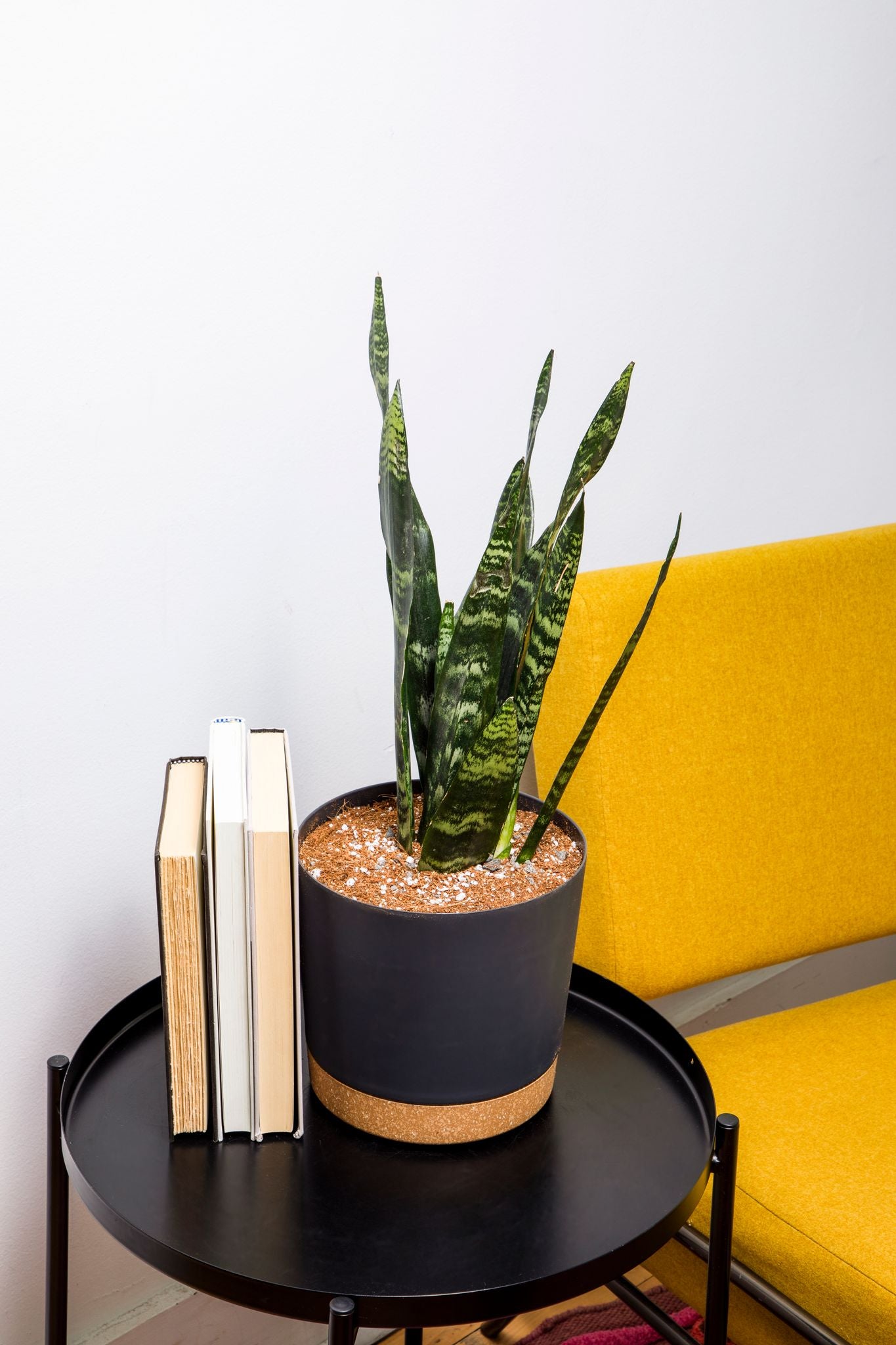When Should I Repot My Orchid?
Free Standing Bloom Spike
Know when to repot
Repotting orchids is essential to their continued good health and growth. If an orchid remains in the same medium for a very long time the plant will decline. Over time orchid medium decays and compacts and smothers the roots. The amount of time between repotting varies with the type of orchid, and the type of medium. In general, an orchid should be repotted regularly. Paphiopediums and Phalaenopsis benefit from more frequent repotting. A coconut husk mix will last longer than a fir mix and sphagnum moss falls somewhere in the middle.
The following considerations apply to choosing when to repot an orchid.
Newly acquired?
For a newly acquired orchid, many orchid enthusiasts like to repot as soon as practical. This may mean waiting until the orchid has gone out of bloom if the plant was acquired while blooming. This also provides an opportunity to see the plant's roots and in so doing get a better handle on the overall health of the plant. Occasionally, orchids are sold in pots that are too large. This is seen most often with orchids that are produced for the pot plant market and sold at hardware and grocery stores.
New growth?
An orchid should be repotted if the growth for the next cycle is climbing over the edge and out of the pot. As a practical matter, orchid roots that grow outside the pot have a tendency to get bumped and broken or to attach themselves firmly to the outside of the pot or to neighboring pots. To keep this kind of scraggly growth controlled, repot and position the orchid so that it can grow for a year or so before climbing out of the pot again.
Infestation?
Repotting may be required if an orchid has gotten infested with bugs. If bugs keep recurring it is sometimes because they have taken their operations underground and are munching on the roots or have set up shop in the media. Removing all of the old mix, carefully cleaning and examining the roots and repotting in fresh mix is often a critical step in eradicating a persistent pest issue. If you aren't ready to repot, using our GET OFF ME! Pest Control Spray can be an easy, safe solution.
Declining health?
If a plant is declining we sometimes need to pull it out of its pot to see what is going on. Unfortunately, if a plant is declining its root system is likely reducing and the plant may now be in too big of a pot. Because repotting places some stress on an orchid we are often hesitant to repot an orchid that is declining. However, not repotting the orchid may result in even more stress. This is where experience and judgement come into play, the course of action with a declining plant is rarely clear cut. Increasing light levels will sometimes bring an orchid out of the doldrums, so will repotting. Repotting is especially beneficial when in hindsight we know that the orchid's roots had rotted and the plant really needed new medium and a smaller pot.
It is common for orchids to occasionally bloom off cycle and not follow the Orchid Care Calendar. When this happens we follow the plant's lead on when to repot.
Following these guidelines will help nurture a strong and healthy orchid that will bloom for years to come!
 Succulents
Succulents





